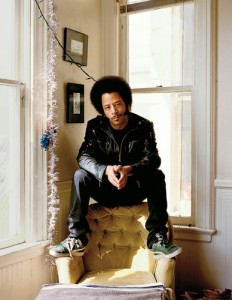I should announce it somewhere on the web, and this is the best place I can think of. In one of the fall issues of Free Inquiry (probably the one right before the election, so October) I will be making the case of secular conservatism. The article is written, and we’re basically at the final proofing stage. Just thought I would put it out there if want to buy a copy.
Additionally, I want to take an opportunity to “promote” this comment, as I think it’s very interesting. I’m in some sympathy for it, even if I disagree in the details.
… the social conservative who is wary of science in their rhetoric, but will always avail himself of the newest gadgets and best medical care.
Guilty as charged, but perhaps by reason of insanity.
You may have been thinking of social conservatives who have religious motivations — sometimes called the Christian Right. But there are social conservatives such as myself with no religious agenda whatsoever, who both embrace science (I’m a former computer network engineer, avid techie and gadget freak, and a firm believer in heart transplants, for instance) and fear it (I think there are social consequences of “transhumanism” we will not like and I wouldn’t want to see a robot become President {go ahead, laff … but in some circles, that is contemplated}). More realistically, I think “human colonies on Mars” is one of the biggest government hornswoggles ever devised (at least let the private sector do it, if it can afford it). So it’s all a bit more complicated than the picture you give above. What I, as a social conservative, object to about science is its potential to de-humanize humans. I don’t like its ability to look at a woman’s ovaries as a spare parts farm, because it reduces the value of the (potential) human being or embryon to its mechanical minimum so much that life becomes cheap. There is not enough intellectual and political space (not to mention moral space) between using conceived unborn human beings as disposable sources of cheap DNA and eating old people for lunch. This might sound like a crank comment (yes I’m being dramatic), but I do not want to slip down the slope to a world where nobody can tell the difference. If it’s done right, science is valuable and beneficial things can be done with it that nobody but a religious zealot could object to. But the scientific attitude does not naturally accommodate ethics; everything in the universe is a machine at some level. But ethics observes the non-mechanistic humanity in humans as a premise, not an afterthought and I’d rather live in a world like that, than in hubcap heaven. LOL …









